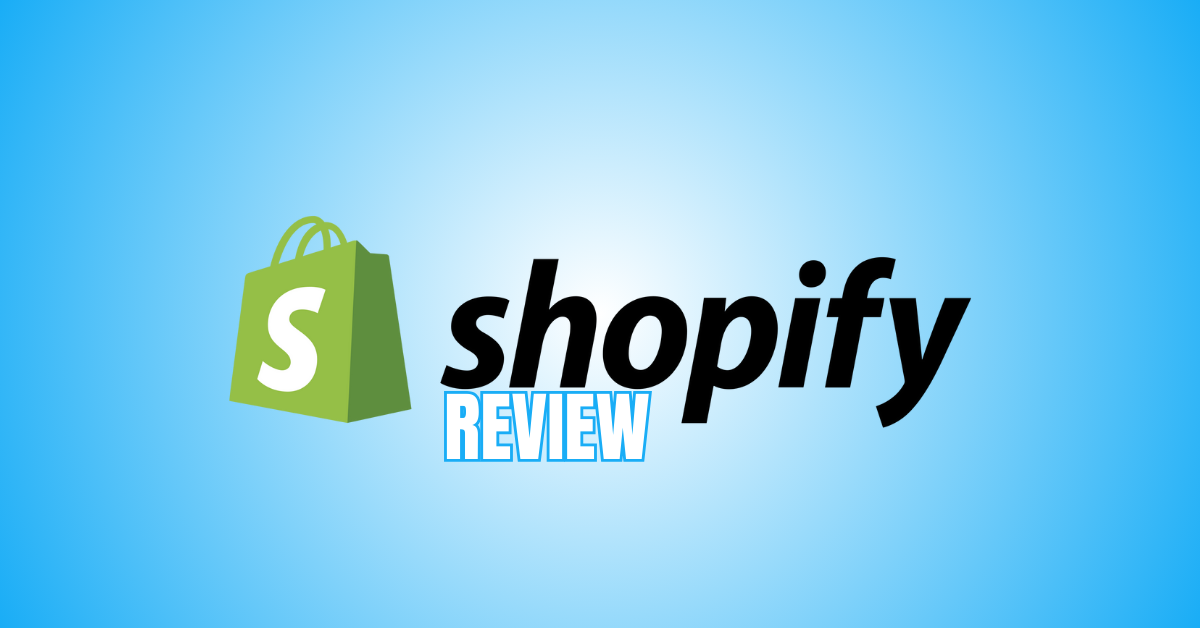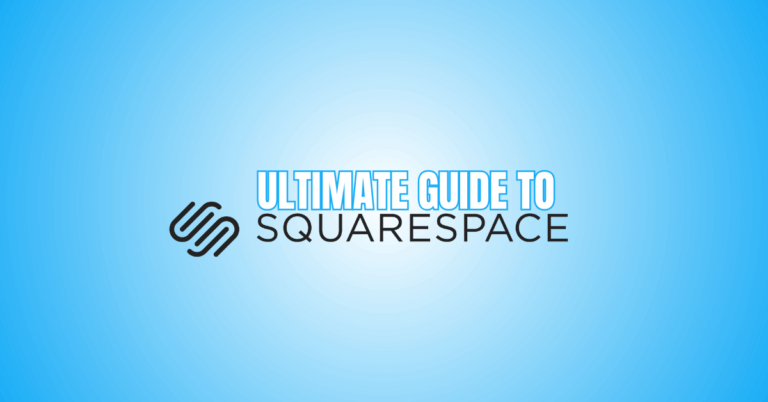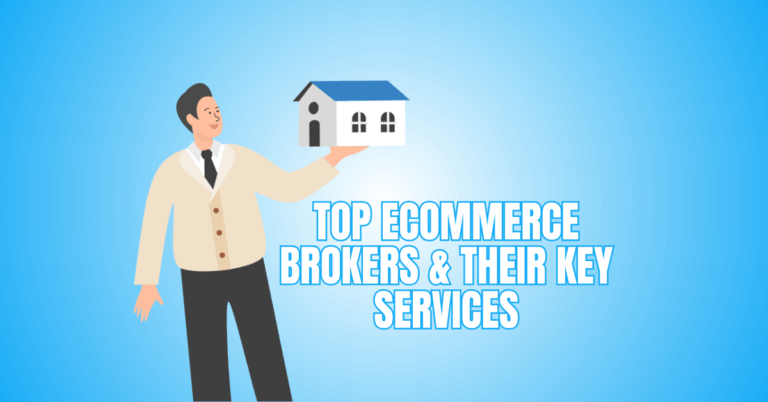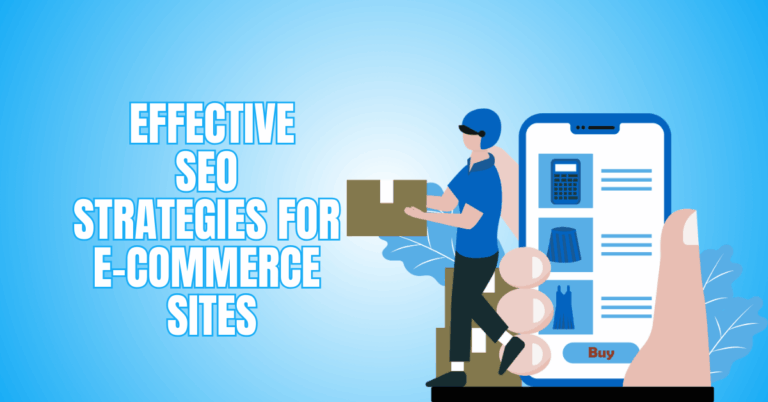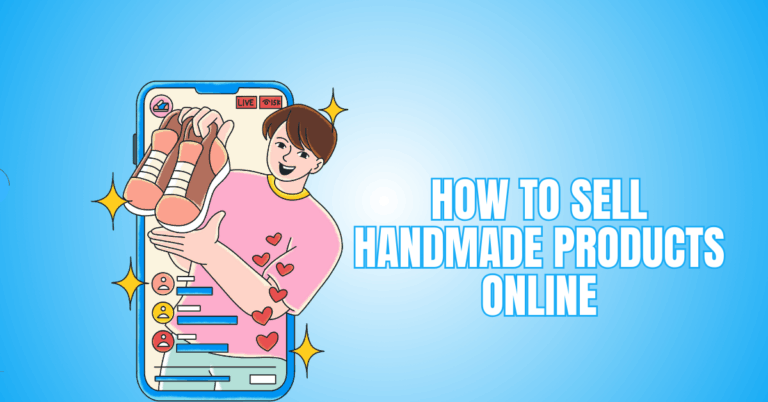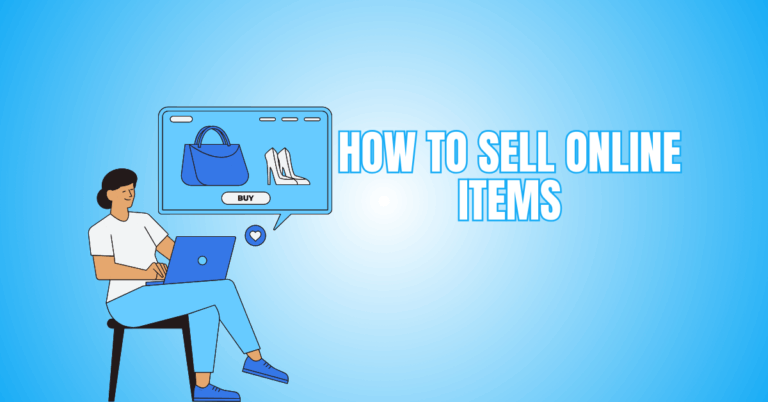Honest Shopify Review That Makes Selling Easy
One of the most widely used eCommerce platforms is Shopify, which makes it simple for business owners and entrepreneurs to create online stores.
Reputable for its scalability, strong features, and intuitive design, it caters to both new and existing brands. From managing products to processing payments and marketing, Shopify offers an all-in-one solution.
This Shopify review highlights the platform’s features, benefits, and potential drawbacks, helping you determine if it’s the right choice for your online store.
What Is Shopify?
Even novices can easily create and manage an online store using Shopify, a robust cloud-based eCommerce platform. Launched in 2006, it was initially designed by entrepreneurs who wanted an easier way to sell snowboards online, but it has since grown into one of the world’s leading solutions for digital commerce.
With Shopify, you don’t need to worry about web hosting, coding, or technical complexities—it’s an all-in-one system that handles everything from product management and payment processing to shipping and marketing.
The platform provides hundreds of customizable themes, a drag-and-drop website builder, and access to thousands of apps that extend functionality, making it easy to tailor your store to your exact needs.
Whether you’re selling physical goods, digital products, or services, Shopify ensures a secure, reliable, and user-friendly experience.
Its scalability means it’s perfect for small startups as well as large enterprises. Simply put, Shopify empowers anyone to turn their business idea into a professional online store.
Pros Of Shopify
It's essential to comprehend why Shopify has become the preferred option for millions of business owners globally before delving into the benefits.
Its features are designed to simplify eCommerce, offering tools that help businesses grow and succeed.
Here are the key pros of Shopify:
1. User-Friendly Interface
Shopify’s user-friendly interface is one of its most substantial advantages, making it perfect for beginners and busy entrepreneurs. You don’t need advanced technical knowledge to launch a professional store.
The dashboard is intuitive, the tools are straightforward, and the drag-and-drop builder ensures you can design and manage your shop easily.
From adding products to tracking orders, everything is simplified to save time and reduce stress. Instead of learning complex processes, entrepreneurs can concentrate on expanding their businesses because of this accessibility.
Key Points
- Simple drag-and-drop builder enables easy customization without coding knowledge or technical expertise.
- Clean, intuitive dashboard makes managing products, orders, and payments straightforward.
- Beginner-friendly setup allows launching a professional online store in just hours.
- Reduces learning curve, freeing time to focus on sales and marketing strategies.
2. All-in-One Solution
Shopify’s strength lies in being an all-in-one solution, eliminating the hassle of managing separate services for hosting, security, payments, and updates. Everything you need to run a professional online store is built into the platform, saving time and money.
This convenience allows you to concentrate fully on your products, marketing, and customer relationships, while Shopify takes care of the technical side. With reliable infrastructure and constant updates, your store remains secure, fast, and ready to grow.
Key Points
- Shopify handles secure hosting, ensuring your store runs smoothly without external servers or downtime worries.
- Automatic updates keep your store optimized, removing the need for manual maintenance and technical fixes.
- Integrated payment gateways simplify transactions, reducing setup complexities and making global selling seamless.
- Built-in security features protect customer data, providing trust and compliance with industry standards effortlessly.
3. Scalability
One of Shopify’s biggest strengths is its scalability, making it suitable for both small startups and large enterprises. This Shopify review emphasizes its scalability, showing how the platform supports businesses of all sizes and adapts as they grow.
Whether you’re starting with a few products or managing thousands, Shopify ensures performance, reliability, and tools that keep pace with growth. This adaptability means you won’t outgrow the platform, allowing long-term success without switching systems.
Key Points
- Flexible pricing plans allow businesses to start small and upgrade easily as sales and operations expand.
- Robust infrastructure supports high traffic, ensuring consistent performance for both small and large stores.
- Advanced features like analytics, automation, and integrations help manage growth effectively without overwhelming users.
- Shopify Plus provides enterprise-level businesses with scalability, customization, and dedicated support for complex operations.
4. Beautiful Themes
Shopify stands out with its beautiful themes, designed to make any store look polished and professional. These themes are mobile-responsive, ensuring your website adapts seamlessly to any device, which is crucial for modern shoppers.
You may construct a store that reflects your own style with the help of the many free and premium themes, regardless of your brand's level of experience.
With customization options, you can tailor colours, fonts, and layouts to align with your branding, creating a visually appealing experience that boosts customer trust and engagement.
Key Points
- Professionally designed themes provide polished, high-quality layouts that instantly enhance your store’s visual appeal.
- Mobile-responsive designs ensure seamless browsing and shopping experiences on smartphones, tablets, and desktops.
- Numerous free and premium themes efficiently meet the needs of various business sectors.
- Customization options allow easy adjustments to colours, fonts, and layouts, aligning your store with brand identity.
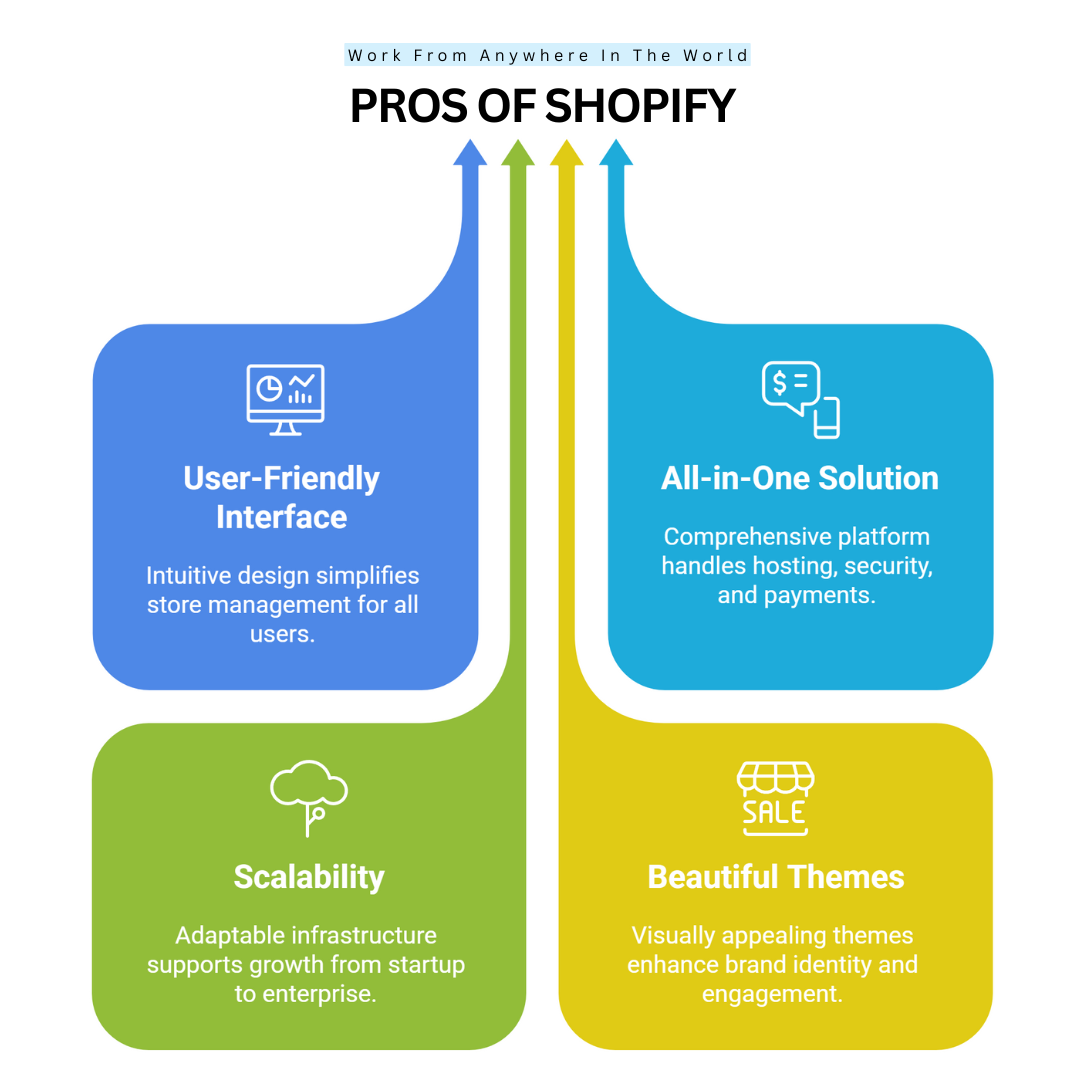
5. App Ecosystem
This Shopify review highlights the platform’s extensive app ecosystem, showing how apps enhance functionality, automate tasks, and boost overall store performance.
From marketing and SEO tools to inventory management and dropshipping solutions, these apps help you customize your store to meet specific business needs.
They allow you to automate tasks, improve customer experience, and increase sales without requiring technical expertise.
Whether you want to add live chat, loyalty programs, or advanced analytics, Shopify’s app marketplace provides flexible options to enhance your store efficiently, making it easier to compete and grow in the eCommerce landscape.
Key Points
- Thousands of apps enable seamless integration of additional features to enhance store functionality and efficiency.
- Marketing and SEO apps help increase visibility, attract traffic, and improve search engine rankings effectively.
- Dropshipping and inventory management apps streamline operations, saving time and reducing manual effort for merchants.
- Customer experience apps like live chat, reviews, and loyalty programs boost engagement and drive higher sales.
6. Multi-Channel Selling
Shopify’s multi-channel selling feature allows businesses to reach customers wherever they shop, all from a single dashboard.
Direct product sales are possible on marketplaces like Amazon, social media sites like Facebook and Instagram, and even newer platforms like TikTok.
This integration simplifies inventory management, ensures consistent pricing, and expands your store’s reach without the need for multiple systems. By centralizing orders and analytics, Shopify saves time and reduces errors, enabling businesses to grow faster.
Multi-channel selling ensures a seamless customer experience while maximizing sales opportunities across various digital platforms.
Key Points
- Sell on multiple platforms from one dashboard, streamlining operations and maintaining consistent product information.
- Connects with social media sites like Facebook, Instagram, and TikTok with ease, reaching a larger audience.
- Marketplace integration, including Amazon, allows businesses to expand visibility and attract more potential customers.
- Centralized order and inventory management reduces errors and saves time, improving overall operational efficiency.
Wealthy Affiliate – Mini Review (2025)
If you’ve ever thought about turning your blog, passion, or niche into an online business,
Wealthy Affiliate (WA) is one of the most beginner-friendly platforms I’ve used.
It combines step-by-step training, website hosting, SEO research tools,
and an active community all in one place.
What I like most: you can start free (no credit card needed),
explore lessons, test the tools, and connect with other entrepreneurs
before upgrading. WA isn’t a “get rich quick” scheme — it’s a platform where success comes
from consistent effort and applying what you learn.
7. Secure And Reliable
Shopify offers a dependable and safe platform that guarantees online stores and consumer information are always safeguarded.
This Shopify review highlights the platform’s secure and reliable features, including SSL certificates, PCI compliance, and robust infrastructure for safe online transactions.
Additionally, Shopify is fully PCI compliant, meeting strict security standards for payment processing. Its robust server infrastructure, regular software updates, and continuous monitoring guard against cyber threats and downtime.
This reliability gives business owners confidence while building trust with customers, ensuring smooth operations and secure online shopping experiences.
Key Points
- Built-in SSL certificates encrypt all data, ensuring safe transactions and protecting sensitive customer information effectively.
- PCI compliance guarantees secure credit card processing according to global security standards.
- Continuous monitoring and regular software updates protect stores from cyber threats and vulnerabilities.
- Reliable server infrastructure ensures high uptime, creating trust and uninterrupted online shopping experiences.
8. 24/7 Customer Support
Shopify offers 24/7 customer support, ensuring that help is always available whenever you need it. Whether you’re facing technical issues, managing orders, or customizing your store, Shopify’s team is ready to assist through multiple channels, including live chat, phone, and email.
This constant availability minimizes downtime, resolves issues quickly, and provides peace of mind for store owners.
Additionally, Shopify’s extensive help center, forums, and guides offer valuable self-service resources, empowering users to troubleshoot and learn independently.
Reliable support enhances business efficiency and customer satisfaction, making Shopify a trusted choice for entrepreneurs of all experience levels.
Key Points
- Live chat support offers instant assistance, resolving technical issues and questions quickly and efficiently.
- Phone support connects you with experts for detailed guidance and complex problem-solving anytime.
- Email support provides comprehensive help for inquiries and issues that require detailed explanations.
- Extensive help center, forums, and guides empower users to troubleshoot independently and gain knowledge.
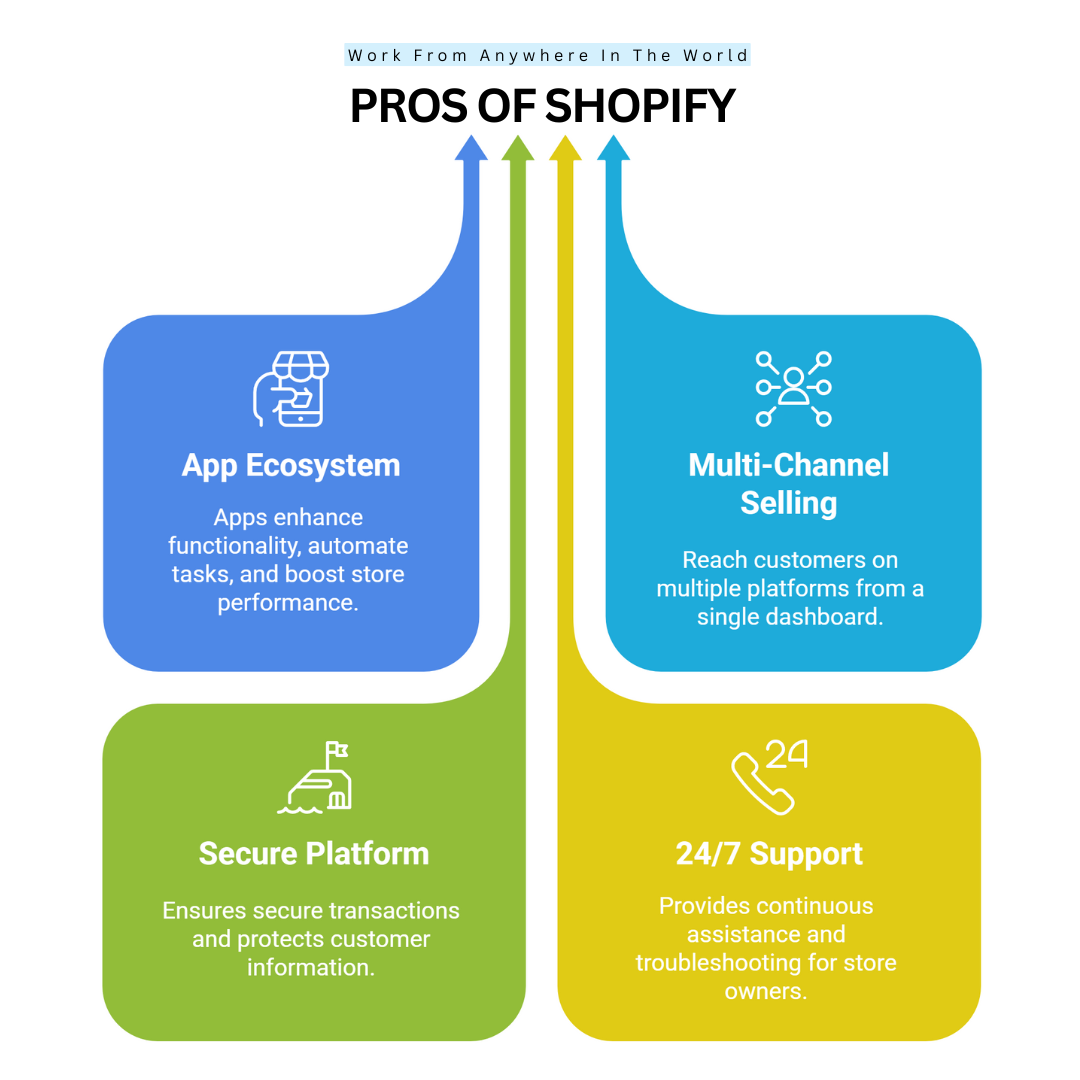
Cons Of Shopify
Before exploring the drawbacks, it’s essential to understand that no platform is perfect. While Shopify offers many powerful features, certain limitations and costs may impact your experience. Here are the key cons of using Shopify:
1. Transaction Fees
This Shopify review explains the impact of transaction fees when using third-party payment gateways and the benefits of Shopify Payments. Depending on your plan, these costs can range from 0.5% to 2% for each transaction.
While Shopify Payments eliminates extra charges, merchants using other gateways like PayPal or Stripe must account for these additional costs. For businesses with high sales volume, transaction fees can accumulate quickly, affecting profitability.
This limitation encourages using Shopify Payments, which may not be available in all countries, potentially requiring workarounds or alternative solutions for international sellers.
Key Points
- Extra fees are applied to every sale if Shopify Payments is not used as the payment gateway.
- Transaction fees vary by plan, typically ranging between 0.5% and 2% per sale.
- High-volume sales can significantly increase costs, reducing overall profit margins for merchants.
- Limited availability of Shopify Payments in some regions may force reliance on third-party gateways.
2. Cost Of Apps
Shopify’s app ecosystem is extensive, but many of the most valuable apps come with monthly subscription fees. While these apps enhance functionality—such as adding advanced marketing tools, dropshipping integrations, or custom features—they can quickly add to the overall cost of running a store.
Financial hardship may result from depending on several premium apps for startups or small enterprises with limited resources. Carefully weighing which apps are required versus optional is crucial.
The store stays effective without going over budget because of strategic selection that strikes a balance between improved capabilities and price.
Key Points
- Many essential Shopify apps require paid monthly subscriptions, increasing operational costs for store owners.
- Relying on multiple apps can make managing subscriptions and expenses more complex and time-consuming.
- Small businesses may find cumulative app costs challenging, impacting overall profitability and budget planning.
- Careful selection of apps ensures essential functionality without overspending on unnecessary features.
3. Limited Customization Without Coding
This Shopify review highlights that while the platform offers customization, advanced design, and unique features, they often require coding knowledge or developer assistance. For beginners or users without programming experience, this can be a limitation.
While drag-and-drop builders and apps cover most needs, creating unique layouts, custom checkout experiences, or specialized features usually demands technical expertise.
Hiring a developer is often necessary for complex customizations, which can increase costs. This limitation may restrict creative freedom for some store owners, but for many, the existing themes and apps provide sufficient flexibility for running a successful online business.
Key Points
- Advanced store customization often requires understanding Shopify’s Liquid coding language, which may challenge non-technical users.
- Drag-and-drop tools and apps cover basic needs but cannot achieve unique layouts or functionality.
- Hiring developers for custom features increases costs, making advanced customization less accessible for small businesses.
- Limited coding knowledge can restrict creative freedom when tailoring the store to unique brand requirements.
4. High Pricing For Advanced Plans
Shopify’s higher-tier plans are designed for growing or enterprise-level businesses, offering advanced features like detailed reports, multiple staff accounts, and lower transaction fees.
However, these plans come with significantly higher monthly costs, which can strain budgets for small or medium-sized stores. When combined with paid apps, themes, and additional services, the total expenses can proliferate.
While larger businesses may find the investment worthwhile for enhanced functionality and scalability, smaller stores must carefully assess whether these advanced features are necessary at their current stage to avoid overspending.
Key Points
- Advanced Shopify plans include higher monthly fees, which can impact overall business profitability.
- Additional costs from apps, themes, and services increase the total expense of running the store.
- Smaller businesses may not require all advanced features, making these plans unnecessary.
- Careful evaluation ensures that the benefits of higher-tier plans justify the increased monthly investment.
5. Basic Blogging Features
This Shopify review notes that its blogging features are basic and limited compared to content-focused platforms like WordPress.
While you can create posts, categorize content, and schedule publishing, advanced customization, SEO control, and plugin support are restricted.
For companies that depend significantly on content marketing, Shopify's blogging features might not be enough. Customizing layouts or adding complex functionality often requires coding or third-party apps.
While adequate for simple updates, Shopify blogs may not fully support strategies like extensive SEO optimization, multimedia integration, or advanced analytics, which are easier to achieve on more content-focused platforms.
Key Points
- Shopify allows basic blog creation, including posts, categories, and scheduled publishing, suitable for simple content needs.
- Advanced customization options and layout control are limited compared to dedicated blogging platforms like WordPress.
- Adding complex functionality or SEO enhancements often requires coding knowledge or third-party apps.
- Content-heavy marketing strategies may be constrained by Shopify’s simpler blogging features and limited plugin support.
6. Content Management Limitations
This Shopify review highlights limitations in managing large amounts of non-product content, requiring coding or apps for more complex customization.
Creating complex layouts, extensive informational pages, or content-heavy sections often requires coding or additional apps.
This limitation may make it challenging for businesses that rely on blogs, resources, or multimedia content to customize their site fully.
While Shopify excels at product management and sales, its content management system is not as robust as platforms built for general website content. Careful planning and selective app use can help overcome some of these challenges.
Key Points
- Shopify’s CMS focuses on products, making managing large volumes of non-product content less straightforward and flexible.
- Creating complex informational pages often requires coding knowledge or third-party apps to achieve desired layouts.
- Content-heavy sites with blogs, multimedia, or resources may face limitations in customization and organization.
- While Shopify excels in eCommerce, additional tools are often necessary for comprehensive content management.

FAQs
1. How Much Does Shopify Cost Per Month?
Shopify offers pricing plans starting from $29/month for Basic, $79/month for Shopify, and $299/month for Advanced.
2. Can Beginners Use Shopify Easily?
Yes, Shopify is designed for beginners. Its drag-and-drop builder and user-friendly dashboard make setup simple.
3. Does Shopify Provide Hosting And Security?
Yes, Shopify includes secure hosting, SSL certificates, and PCI compliance to protect your store and customer data.
Conclusion
In this Shopify review, the platform is recognized as a powerful, user-friendly solution ideal for launching, managing, and growing an online store.
Its scalability, secure infrastructure, beautiful themes, and extensive app ecosystem make it suitable for selling online efficiently.
While higher-tier plans, transaction fees, and some customization limitations may concern certain users, the platform’s benefits outweigh the drawbacks.
For entrepreneurs seeking a reliable, all-in-one solution to launch, manage, and grow an online store, Shopify remains one of the best choices in the competitive eCommerce landscape.
I trust you enjoyed this article on the Honest Shopify Review That Makes Selling Easy. Please stay tuned for more insightful blogs on affiliate marketing, online business, and working from anywhere in the world.
Take care!
— JeannetteZ
💬 Your Opinion Is Important To Me
Do you have thoughts, ideas, or questions? I’d love to hear from you. Please leave your comments below or email me directly at Jeannette@WorkFromAnywhereInTheWorld.com.
📚 More Work From Anywhere Reads
🚀 Ready to Build a Business You Can Run from Home
or from Anywhere in the World?
Imagine creating income on your terms — from home, a cozy café, or wherever life takes you.
With the right tools, training, and community support, it’s entirely possible.
Start your own online business for free — no credit card needed.
Disclosure
This post may contain affiliate links. As an Amazon Associate and participant in other affiliate programs, I earn from qualifying purchases at no extra cost to you. Please read my full affiliate disclosure.

